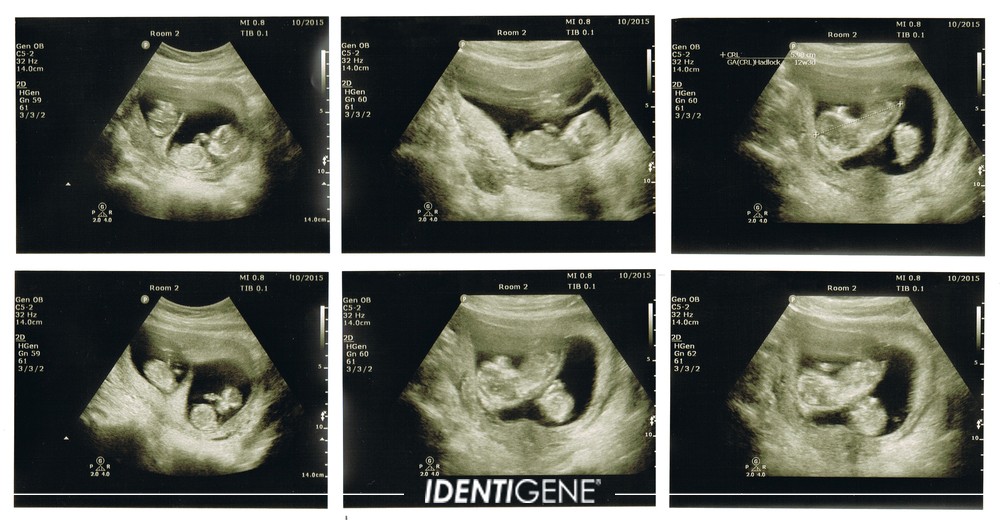Of all the DNA tests available today, the one with the most far-reaching impact is undoubtedly a paternity test. In most cases where a court orders a paternity test, there is a minor child involved, with child support and custody on the line. The courts take the welfare of a child very seriously and the needs of that child trump any repercussion test results may have on the mother or alleged father.
Can a mother or father refuse to agree to a court-ordered paternity test? Here are some fast answers.
Who can Ask for a Court-Ordered Paternity Test?
Keep in mind that the specifics of paternity law vary from state to state, so if you have questions, we highly recommend that you consult a family-law attorney, legal service, or social worker in your area. That being said, most courts follow these general guidelines as to who is eligible to bring a civil lawsuit:
- The child’s mother
- A woman expecting a child
- A man claiming to be the biological father of an unborn or already-born child
- A personal representative of a child with legal authority to act on behalf of that child
- The mother and father of an unborn or already-born child, voluntarily acting together
- A state social service agency acting on a claim of child neglect
- A child who has reached the “age of majority,” making a claim within one to five years after reaching that age
Filing a civil lawsuit is the first step, but the court will review the case first to determine if a paternity test should be ordered. Once the test is ordered, the mother, child, and possible father are required to submit DNA samples through an approved facility.
What if the Mother or Father Refuses to Participate in the Paternity Test?
If the mother refuses
Chances are good the court will automatically order that, because paternity has not been definitively established, she is not entitled to receive child support from the alleged father.
Keep in mind that in most states, a possible father can only contest paternity if he does so within a specific time frame, so, if a woman refuses a paternity test, it’s extremely important for any man who questions paternity to request a test before the baby’s born or as soon as possible afterwards.
Because the court considers the welfare of the child over everything else, if a man is on the birth certificate and waits too long to test, he may never be off the financial hook—even if a paternity test eventually proves he’s not the biological father.
If the father refuses
He may face legal consequences for his refusal, such as being held in contempt of court: criminal charges could be filed or he could be fined. In many cases, the court may simply enter a judgment against the man and order him to pay child support.
What if the mother and alleged father were married?
A man is legally considered to be the father of a child if the couple were married when the child was born. Even if they were divorced during the pregnancy, he is presumed to be the father if the baby was born within 300 days of the divorce date. If you are a married or divorced man questioning the paternity of a child, you should contact a family-law attorney in your state to see what your options are.
The Bottom Line
Is it legal to refuse a court-ordered paternity test? Yes. But there are potentially serious legal repercussions for people who refuse to take it. Ultimately, it’s best for all parties—especially for the child—to know the truth about a child’s biological heritage and it’s a lot simpler if participants test willingly. If you need a court-ordered test, contact us directly at 800-681-7162 (M-F, 8 AM to 8 PM Eastern).
Follow us on Facebook and Twitter! If you have questions about paternity tests or other DNA testing services, please contact our Client Support Center at 888-404-4363, Mon-Fri from 8:30 AM to 5:30 PM Eastern Time. Our friendly, expert representatives are ready and happy to help. Get answers anytime by visiting our Help Center and see real reviews from our customers.









